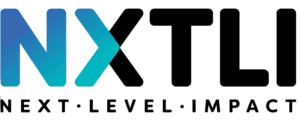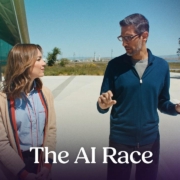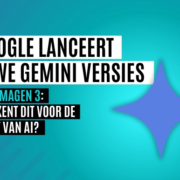Much criticism of Google AI Overviews
Because most new AI updates and tools are launched mainly outside Europe, we in the Netherlands can quietly watch how this is received by users. So too with the AI Overviews introduced by Google two weeks ago. This new part of Google Search shows AI-generated summaries above search results, but the results still appear to be unreliable. As a result, there has been much criticism.
For example, there is an example where AI Overviews indicates that you can add some glue to the sauce if the cheese is not staying properly on your pizza. And so there are countless other examples. Search Engine Roundtable even keeps a record of embarrassing outcomes.

Influence of Criticism on Google's Reputation
This criticism may affect Google's reputation for reliable search results. In addition, it could lead to a decrease in the number of people clicking through to Web sites.
Possible Disabling of AI Overviews
The concerns are so serious that several experts suggest that Google may temporarily disable the feature. This also happened previously with Gemini's images, when it was found that unwanted images were being generated. These situations seem to have become increasingly common recently due to the challenges and risks of developing and implementing AI technologies (too) quickly. During a fascinating interview with Google's CEO Sundar Pichai by Nilay Patel, editor-in-chief of technology news website The Verge, initial reactions to AI Overviews and other AI developments were discussed.
Pichai parries most of the tough questions by emphasizing that new technologies always cause short-term disruption, but that Google is focused on creating value for users. He claims that users find these new AI features useful and are even more likely to click on links in AI previews. He also indicates that Google is working to improve the accuracy and reliability of AI results, but acknowledges that challenges remain.
Challenges of AI
Examples include the problem of "hallucination" where AI generates incorrect information. Patel also challenged Pichai with his "Google Zero" issue, asking what happens when Google's traffic to websites goes to zero. If AI chatbots and AI-generated search results summarize everything a user needs, why would people still visit a Web site? And then what is the point for businesses to publish content on their Web sites? Pichai acknowledges the concerns of businesses and content creators about AI systems using their work without returning sufficient value. He indicates that Google is trying to strike a balance between innovation and protecting the interests of content creators.







